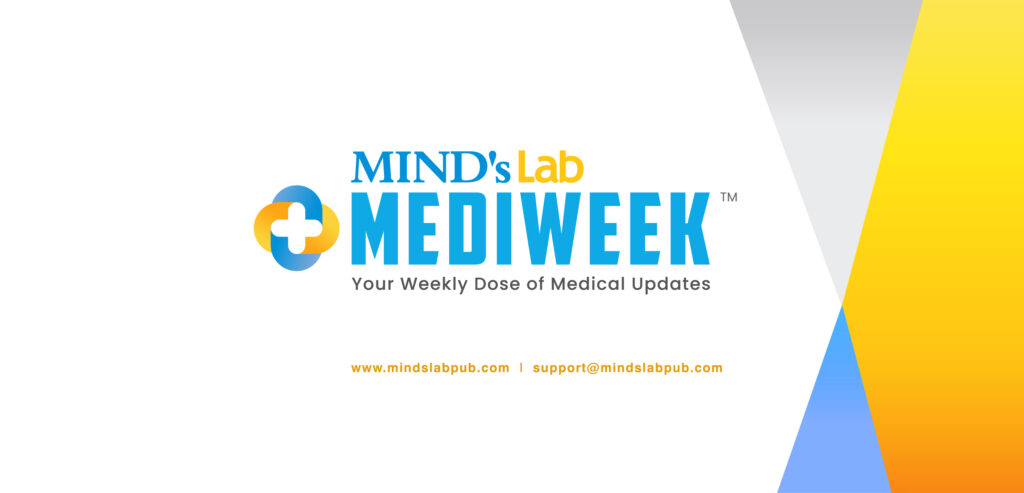Cocoa and Cardiometabolic Health: Sweet Synergy or Bitter Reality?
Cardiovascular diseases (CVDs) are a major cause of mortality, linked to metabolic risk factors such as central obesity, type 2 diabetes, and dyslipidemia. The Framingham Heart Study established the basis for cardiometabolic risk stratification, including factors like body mass index, blood pressure, fasting blood glucose, cholesterol (total and high-density lipoprotein cholesterol) levels, and smoking. Researchers […]
Cocoa and Cardiometabolic Health: Sweet Synergy or Bitter Reality? Read More »

